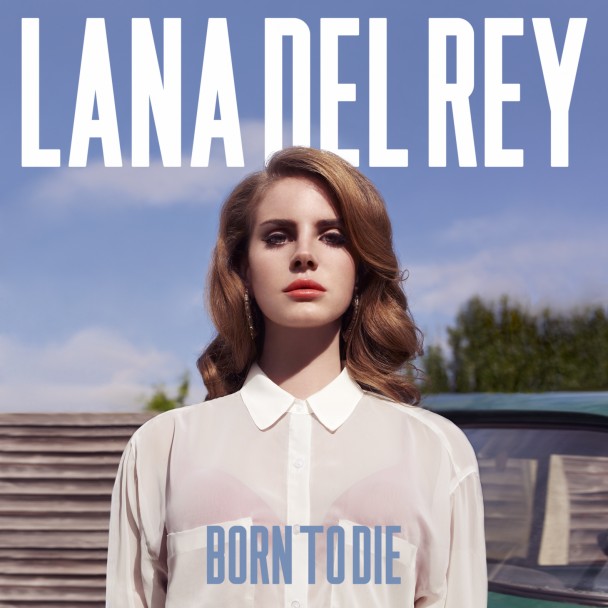Born to Die
By Bruce 42 Comments

The Velvet Underground produced four classic albums between 1967 and 1970; but they were all commercial failures. Even Loaded (1970), Lou Reed’s upmost attempt at commercialism, bombed, failing to produce even a modest hit single: a paradox for an album that was practically made for radio. Reed would go without a hit until 1972, when “Walk on the Wild Side” glamorized the gutter life of New York City and its superstars, and those colored girls went, “doo do doo, doo do doo, doo do doo.” The album that shortly followed, Transformer, is a personal favorite of mine (and my father’s all-time favorite album). Although Reed would soon return to making “difficult” music that took decades to fully appreciate (Berlin), his 1972 repackaging, with David Bowie and Mick Ronson at the production helm of Transformer, arguably saved his career. And if the change worked for Reed at thirty, it could certainly work for twenty-five year old Lizzy Grant, no?
Pardon me; her name is Lana now, Lana Del Rey. And her attempt at Transformer is Born to Die, a collection of white trash songstress filler with no business being associated with its otherwise excellent singles: “Video Games”, “Blue Jeans”, and the emphatic title track, “Born to Die”.
“Off to the Races” is a tonal mess, a motif on this record; Del Rey’s high pitched, skank vocal (the latter of her two primary registers, the other being not so difficult to sit through) shrieks some of the most self-indulgent gangsta nonsense you’ve heard uttered since Scarface. It’s hard to believe that “Video Games” was written by the same person who playfully sings, “Be a good baby, do what I want. Light of my life, fire of my loins. Gimme them gold coins.” And it doesn’t get much better. “National Anthem” isn’t up to the standard of the Katy Perry mega-hit that it pathetically masquerades as. “Diet Mountain Dew”, one of Lana's better unreleased songs, gets reworked here, with ill-fitting drums, more of those stupid yelping vocal samples, and even more wholesale orchestral swelling in place of substance.
“Dark Paradise” is tolerable, save for some embarrassing lyrics and a dull drum machine churning away in the background. “Million Dollar Man” I actually like, though; I mean, if Lana is going to consistently take this skanky, almost neon light-filled approach to songwriting, she might as well go all the way with it. I could easily picture her singing this one in Vegas, albeit not in front of as big a house as she probably thinks.
“This is What Makes Us Girls” blatantly shoots for the teen tragedies of Mary Weiss and the Shangri-Las, but it fails. Lana spends the entire record, with the exception of “Video Games” (an obvious outlier at this point), glorifying the leather laden bad boys with more and more lover’s rock; but the final song is a retrospective critique on that lifestyle. . . the obvious foolishness of be-all-end-all runaway love? Are you kidding? Any strong willed girl would have a field day with this song, but I’ll say this: “Video Games” was a masterful depiction of emotional dependency, whereas “This is What Makes Us Girls” is both cheap and demeaning. Not only does it imply an inherent weakness prevalent amongst all women, but it doesn’t work as a song. The narrative doesn’t flow, “that’s where the beginning of the end begun,” and just as she always does when cornered, Lana relies on quick tonal shifts that do fuck all to compensate for the poor instrumental structure.
By becoming Lana Del Rey, Lizzy Grant emulates an astounding company of past rock ‘n roll gimmicks—all of which were necessary to the artist’s success. David Bowie became Ziggy Stardust; Lou Reed became, well, a prettier Lou Reed; and the New York Dolls dressed up like a bunch of prostitutes. But unlike her forefathers (and sisters, in the Dolls’ case) she hasn’t made a great record, at least not yet. Born to Die is certainly no Transformer, and a true pop music “character” (and metamorphosis) simply isn't warranted by three good songs.
